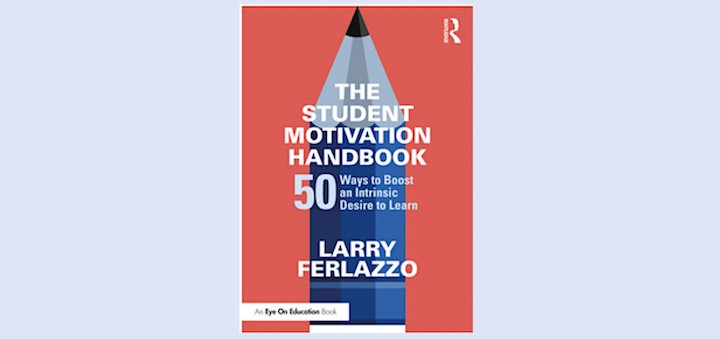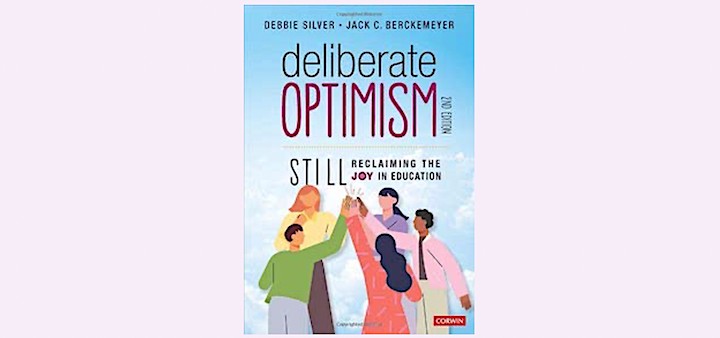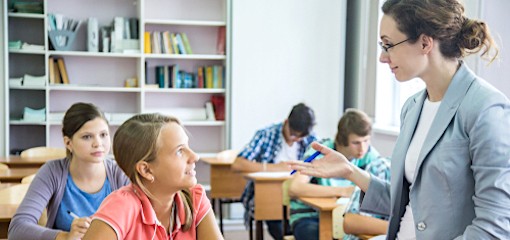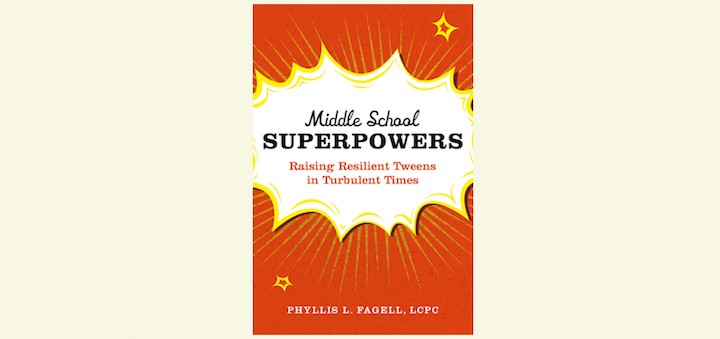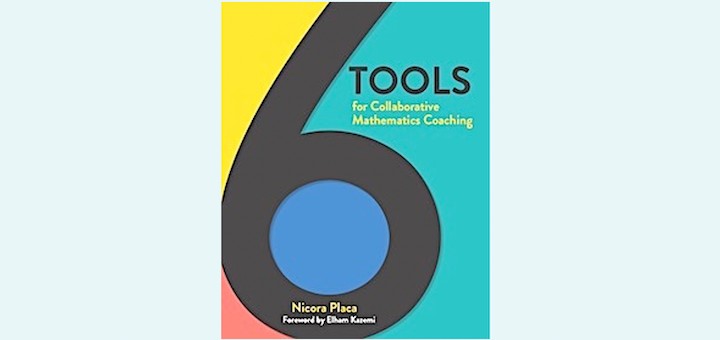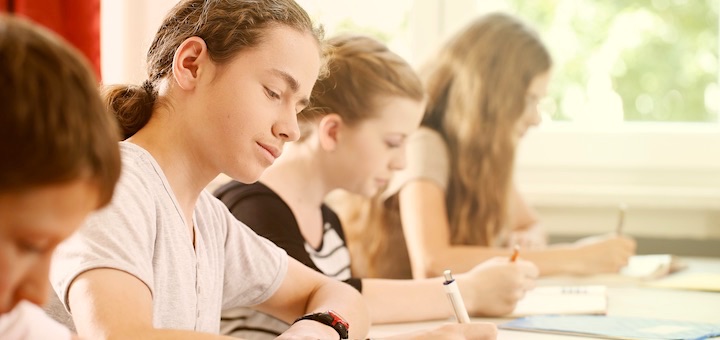Teaching and learning in grades 4-8
How can seasoned educators improve teacher retention rates? By helping new colleagues address two retention factors – student behavior and classroom climate – says middle grades veteran Sharon Ratliff. “Let’s show them how to manage their school of fish without being a shark.”
In The Student Motivation Handbook, Larry Ferlazzo shows how to use research backed strategies to build a community of learners in the classroom and drive intrinsic motivation. Every strategy comes with practical, real world examples, writes award-winning social studies teacher Alexis Lecznar.
Debbie Silver and Jack Berckemeyer have updated Deliberate Optimism to help educators resolve unsustainable stress levels by adapting their immediately implementable ideas for making each school day better. Written with humor and practicality, says teacher leader Sarah Cooper.
“I want to recognize that my students are, in fact, highly literate human beings whose understanding of literacy has been shaped by an age of screens and digital interactions,” writes ELA teacher Jason DeHart. The question becomes, how do we change to meet them where they are?
Kathie Palmieri shows how the ChatGPT tool can help launch the new school year with content activities, introductory letters, and more. She also includes tips for using generative AI software to batch-plan lessons for a quarter, trimester, or even designing a year-long plan.
As schools open their doors for a new year, preservice educator Curtis Chandler urges novice teachers to prioritize the two crucial elements most likely to fuel student success in the months to come: teacher relationships with students and clarity about classroom expectations.
Phyllis Fagell’s Middle School Superpowers offers parents and educators productive ways to help tweens deal with change, social missteps, missed opportunities and disappointment as they encounter adolescent challenges. A must read, says consultant Anne Anderson.
If you’re looking for a book to guide your community of educators in collaborative reflections on math practice, Nicora Placa’s book will give you the tools. The practices will jump off the page with ready-to-use protocols and debrief questions, writes math educator Mona Iehl.
What if you could concentrate more on lesson development and spend less time creating exemplars (and non-exemplars) to use in writing instruction? Literacy consultant Sarah Tantillo shows how you can ask AI chatbots such as ChatGPT to do just that, step by step.
Over 40 years of research on successful middle schools has verified the amazing benefits for students of interdisciplinary teacher teaming. Author, consultant and middle level evangelist Jack Berckemeyer offers 10 snapshots that define the characteristics of effective teams.


